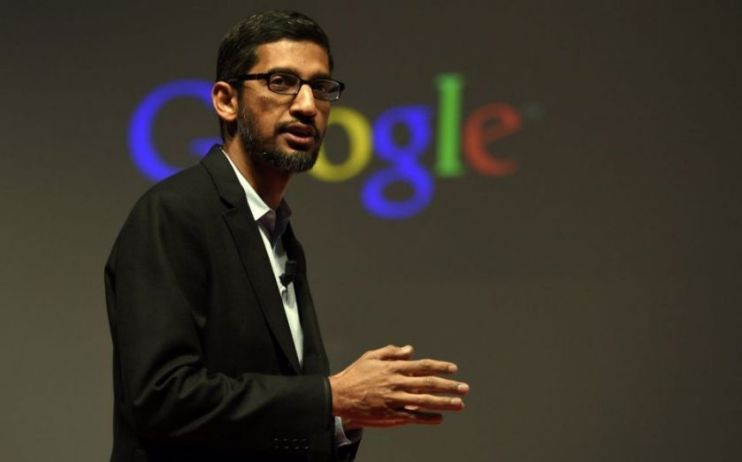Google boss Sundar Pichai warns AI is ‘too important not to regulate’

Artificial Intelligence (AI) is too important not to regulate and the US and EU must work together to develop “robust” rules to guide the growth of the powerful new technology, Alphabet’s boss Sundar Pichai said today.
As the competition to create the next exciting AI-powered product heats up, and companies scramble to integrate AI into their operations, Pichai said: “What matters even more is the race to build AI responsibly and make sure that as a society we get it right.”
Pichai has warned before about the need for regulating AI, but writing in the Financial Times today he said “with the technology now at an inflection point… I still believe AI is too important not to regulate, and too important not to regulate well.”
“Developing policy frameworks that anticipate potential harms and unlock benefits will require deep discussions between governments, industry experts, publishers, academia and civil society,” he said.
“Legislators may not need to start from scratch: existing regulations provide useful frameworks to manage the potential risks of new technologies. But continued investment in research and development for responsible AI will be important — as will ensuring AI is applied safely, especially where regulations are still evolving,” he said.
Pichai, who has admitted having ‘sleepless nights’ over the nightmare AI could pose, added that international co-operation will be crucial when it comes to drawing up these new AI regulations.
“The US and Europe are strategic allies and partners. It’s important that the two work together to create robust, pro-innovation frameworks for the emerging technology, based on shared values and goals,” he said.
His comments come after British scientist Geoffrey Hinton, dubbed the “Godfather of AI”, quit his role at Google due to concerns about the dangers of artificial intelligence, particularly around its potential to spread misinformation.
“I don’t think they should scale this up more until they have understood whether they can control it,” Hinton told The New York Times.
